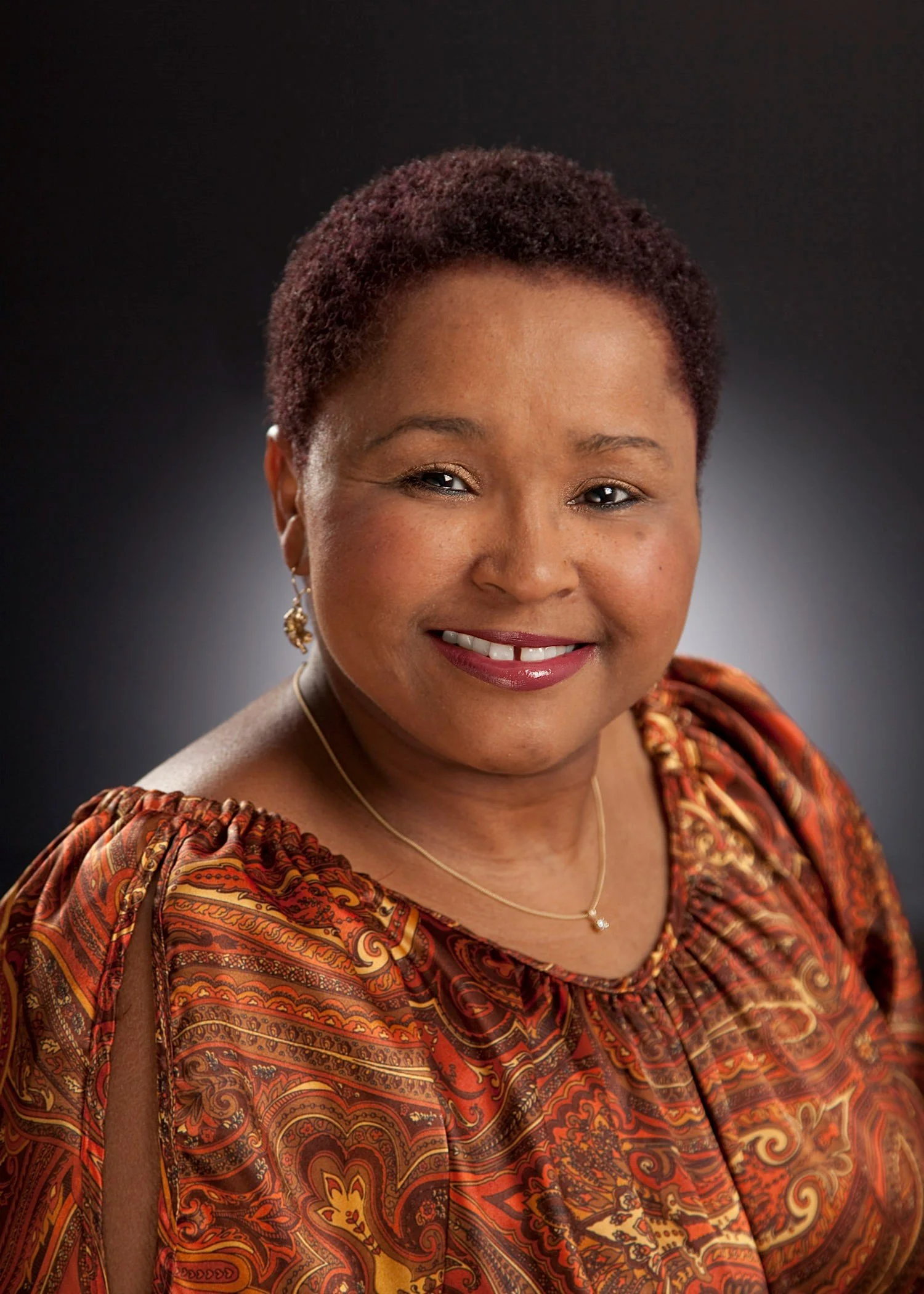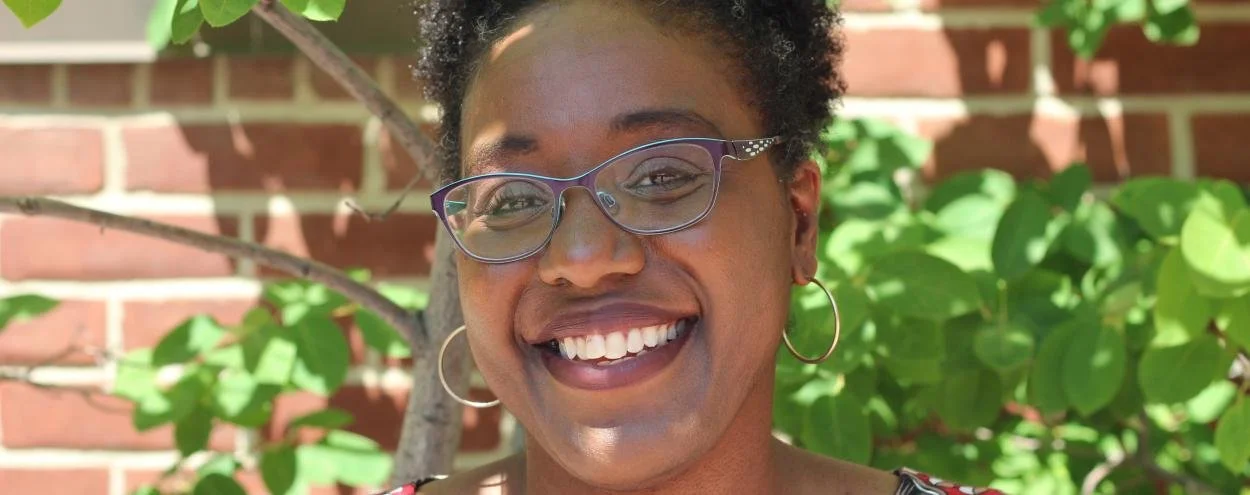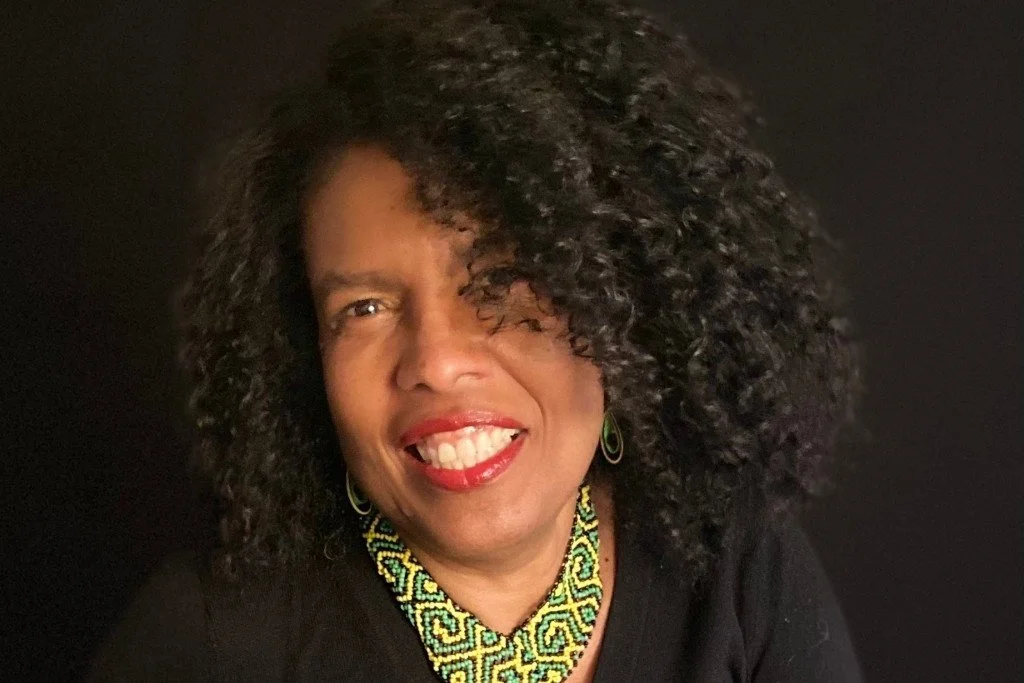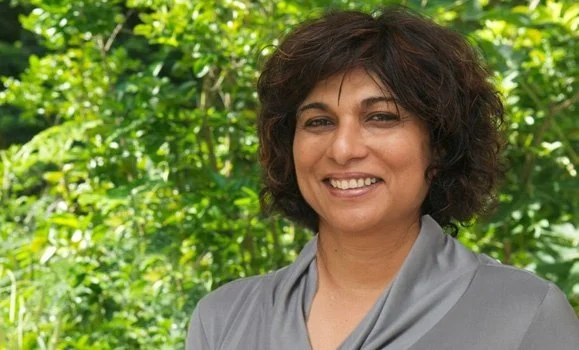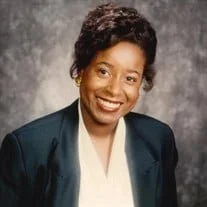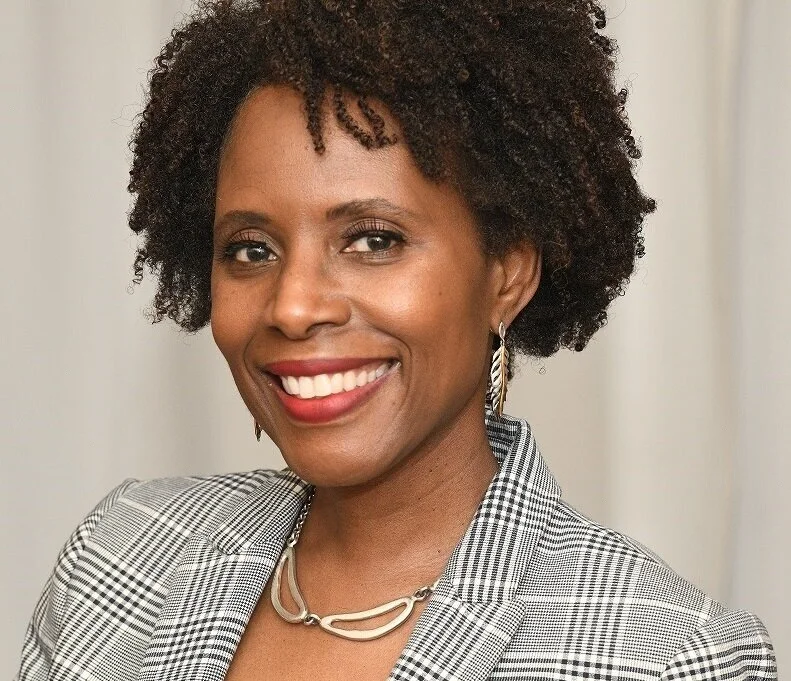Higher education institutions sign document pledging to fight anti-Black racism and promote Black inclusion
December 20, 2021
Nearly 50 universities and colleges have signed a groundbreaking Charter pledging to fight anti-Black racism and promote Black inclusion.
Led by Wisdom Tettey, the University of Toronto Scarborough College Vice-President & Principal, an Inter-Institutional Advisory Committee drafted the 22-page document based on four principles meant to help universities build concrete plans for addressing anti-Black racism and fostering Black inclusion.
The virtual Charter signing and launch took place on November 18.
“We know that this task has not been easy and we cannot relent following this launch and assume that the outcome of our commitments will be inevitable,” Tettey said. “It’s great that we have over 50 institutions signed on to this Charter. This is a wonderful collective accomplishment that says to all of us that something that’s worth doing is worth doing well and we should all be proud of what we have done together.”
There are 139 colleges and 96 universities that are publicly funded in Canada.
“There’s still a lot of work to do in extending the commitment of the founding signatories to the rest of the sector,” Tettey noted. “We are confident that the numbers will increase as several institutions are poised to sign. They are not yet on the list because they are proceeding with internal processes required in their particular contexts. We look forward to welcoming them to the fold in due course. We are all diminished by a country and a sector that has been selective in who is deserving of equity through the structures and systems of exclusion founded on our country’s colonial history.
“The higher educational sector reflects these structures of exclusion and has been complicit in its formation and replication through our mechanisms for determining who gets in, how they get in and whose knowledge, experiences and accomplishments are valid. As members of that community, we should demonstrate the courage to do what is right, not only when it is easy and convenient, but particularly when it is most challenging to do so. We should eschew the temptation to pander to the performativity of convenient rhetoric or feeble gestures towards inclusion. Those who have the system stacked against them don’t have the luxury of marking time for the slow clock of convenience to run its course. As signatories of the Charter have demonstrated, if change is important and, more importantly, if inclusive change is the right thing to do, it can be done through collaboration and good faith.”
George Brown College President Gervan Fearon said the principles outlined in the Charter will guide his institution as it takes meaningful action to address systemic racism and build a more inclusive and equitable community in which to work and learn.
Gervan Fearon (Photo contributed)
“Our Anti-Racism Action plan will be an important step in supporting a pathway to change and will outline the foundational steps to move the college forward,” he noted. “Building an inclusive society means working together and the Charter represents a component of this effort.”
Signing the Scarborough Charter, said Nipissing University President & Vice-Chancellor Kevin Wamsley, represents more than just the North Bay academic institution’s commitment to the elimination of anti-Black racism.
Kevin Wamsley (Photo contributed)
“It also holds us accountable for taking meaningful action,” he said. “As a values-based institution, we must work to build more equitable systems and provide an environment that promotes Black inclusion both on our campus and in our community. It is critical for equity, diversity and inclusion to be part of our university culture and the Charter provides a clear framework for identifying and addressing key barriers that have historically stood in the way of social justice.”
As an African Nova Scotian, Barbara Hamilton-Hinch has experienced racism and injustice.
Barbara Hamilton-Hinch (Photo contributed)
Seeing a commitment nationally to improve access and accountability for people of African descent excites her.
“As I reflect on the desire to increase curricula change and the number of African descent staff and faculty, to make a commitment across our institutions locally and nationally, to identify anti-Black racism and to do all that we can to increase and support our students, faculty and staff of African descent warms my soul,” the Dalhousie University Associate Professor of Recreation & Leisure Studies and Assistant Vice-Provost of Equity & Inclusion pointed out.
The Charter, says George Brown Professor and Anti-Racism Equity Advisory Committee Chair Charlene Dunstan, is a public acknowledgment of the responsibility that post-secondary institutions have in enacting positive social change.
Charlene Dunstan (Photo contributed)
“Black employees and students like myself have been working tirelessly to have anti-Black racism prioritized in our institutions of higher learning,” she noted. “I see this Charter as an extremely positive step in that direction. I am hopeful and excited by the transformative action this marks for the Black community, its allies and its accomplices.”
Never before in the history of Canadian universities, noted University of Calgary inaugural Vice-Provost for Equity, Diversity & Inclusion Malinda Smith, have so many institutions come together to say we recognize the problem, we recognize our limits and we need to go from talk to action.
Malinda Smith (Photo contributed)
“We need to do that by collecting disaggregated data in a responsible way and thinking about the curriculum and also accountability in terms of the experiences of Black students, faculty and staff in the classroom,” the Political Science professor said.
For Simon Fraser University Associate Professor June Francis, the new document represents a moment of great hope and opportunity.
June Francis (Photo contributed)
“The hope, of course, comes from the fact that the Charter calls on institutions of higher education to find and create a place of belonging and inclusion for the great intellectual, artistic and personal contributions for Black Canadians,” said the Special adviser to the President on anti-Black racism. “It represents so much potential for the future of not only Black Canadians, but also for Canada and especially universities who are pillars of Canadian society.”
Theresa Rajack-Talley, who in 2019 was appointed Dalhousie University’s first Vice-Provost of Equity & Inclusion, effusively praised the Charter.
Theresa Rajack-Talley (Photo contributed)
“Outside of universities like Dalhousie and King’s that have investigated their history and legacy when it comes to slavery and anti-Black racism, there’s no document that explicitly outlines their relationships and commitments to anti-Black racism and Black inclusion in higher education in Canada,” she said. “This is the first that outlines the issues, actions and philosophical understanding behind these issues, backed by the commitment and accountability of those universities and colleges that have signed on.”
Mc Gill University Professor Adelle Blackett, who led the drafting of the historic Charter, said it offers precise, detailed and comprehensive guidance catalyzing action within an architecture that enables institutional actors in the higher education sector to share data and informed practices to foster and strengthen implementation and hold each other accountable.
Adelle Blackett (Photo by Ron Fanfair)
“Signing the Charter signals not an end point, but a commitment to keep moving beyond where we were in Canadian higher education,” added the eminent international law expert who founded and directs McGill’s Labour Law and Development Research Laboratory. “…If we let it, the Scarborough Charter can be part of a living process resolutely and steadfastly positioning Canadian higher education at the vanguard of transformative change.”




